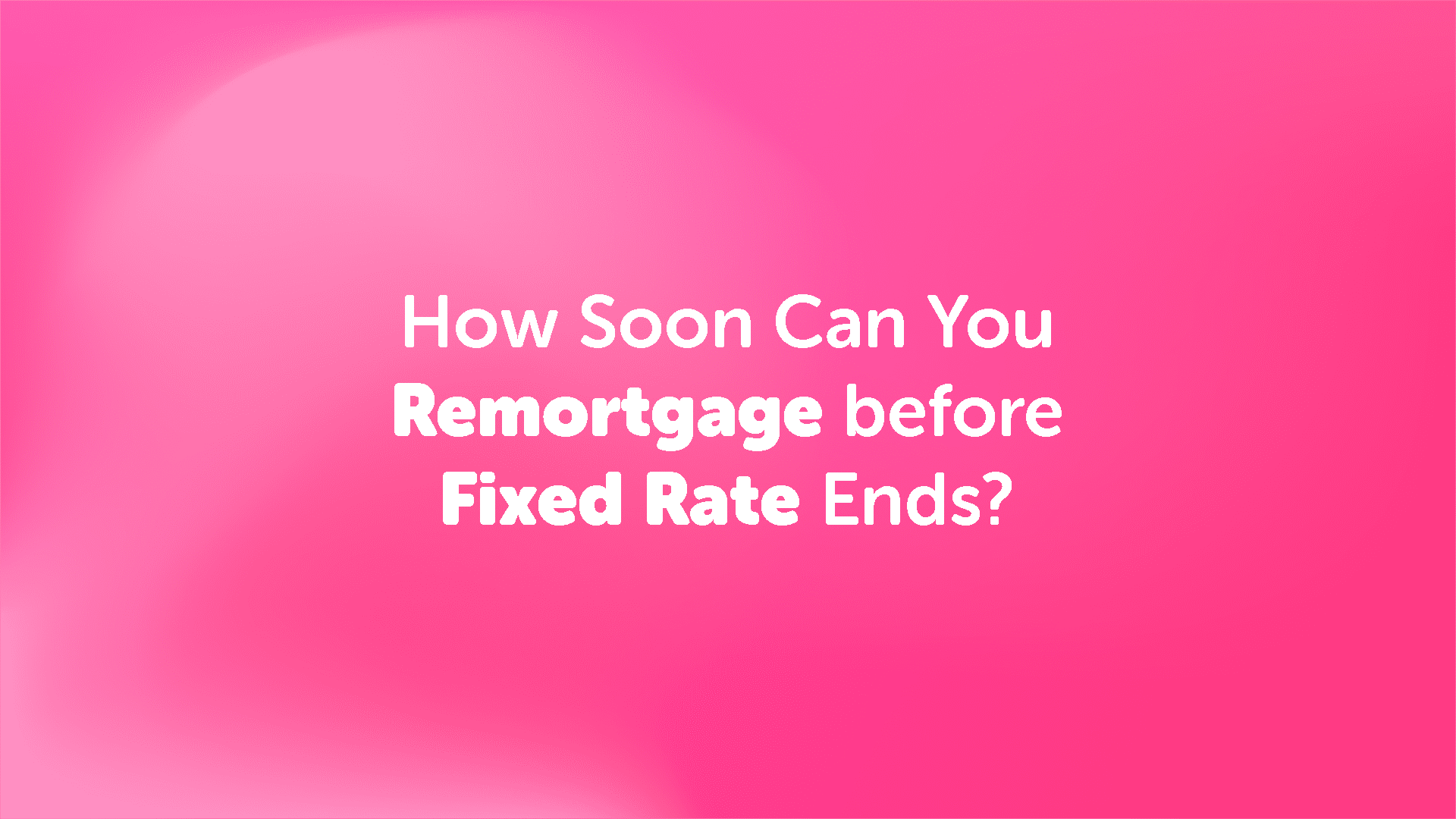Going through a divorce or separation with your partner when you have a joint mortgage together can be difficult. In this guide, we have compiled a list of frequently asked questions that have been answered on this subject.
Do I Need to Keep Paying my Half of The Mortgage?
Regardless of if you are going through a divorce, you need to keep paying the mortgage, even if you are living elsewhere in the meantime.
You and your ex-partner both agreed to take out a joint mortgage and are both held equally liable for the debt until the mortgage gets paid off, regardless of whether it’s just one person living there at the moment.
Failing not to pay the mortgage on time can harm your credit history as well as your ex-partners, and your home may be repossessed if you do not keep up with repayments on your mortgage or any other debt secured on it.
When Should I Inform my Lender?
As soon as you know you will be separating, you need to inform your mortgage lender sooner rather than later, especially if you find it challenging to meet your mortgage payments.
What are my options?
1. Sell the Property.
If you both decide it is best to move out of the property, sell up, and pay off the mortgage.
Any equity left after the mortgage has been paid off will be split between the two of you. Strictly who gets what from the leftover funds can be open to dispute.
If you move out and are looking to purchase a new property, our trusted team of mortgage advisors in Hull are available 7 days a week. They are ready to recommend you with the best deal, offering open and honest mortgage advice in Hull.
2. Continue to Make Those Payments
If the divorce is on good terms, some decide to stay and continue paying the existing mortgage, and this method can be beneficial, especially if your mortgage is fixed for a couple of years.
3. Stay in the Property
If you both conclude that you or your ex-partner will live in the property, the current resident will have to remortgage in Hull in their sole name.
If you decide to become the sole owner of the property, and there is an existing mortgage in joint names, you will need to remortgage. The new mortgage will be taken out in your sole name, therefore your affordability will be reassessed.
Can I get a Second Mortgage?
Yes, you can have more than one mortgage. Lenders each have different credit scoring systems and take various factors when applying for a second mortgage. The main one is your current financial commitments. Before applying, you need to make sure you can afford a second mortgage because if you get declined, it could negatively impact your credit file.
You will be happy to know that here at Hullmoneyman. We can perform a search for you that won’t damage your credit file. Once we have the necessary information gathered, we can then confirm the maximum amount you will borrow.
This can help you get a good idea of your budget and how much your monthly mortgage payments will be on top of your current financial commitments.
It can be challenging to move on from your current financial commitments, and this is why having an expert Mortgage Advisor in Hull by your side could prove highly beneficial.
Moving home in Hull can be a stressful experience, and if you add that to a complex situation like a divorce or a separation, it can sometimes all get a bit too much. Speak to a Mortgage Advisor in Hull today, and we will see how we can help you.
What if I am in Negative Equity?
If you get divorced while your joint home is in negative equity, it can be challenging to sell the house and pay off the mortgage in full.
You might have to split the outstanding debt between you or agree with your mortgage provider.
Date Last Edited: 09/29/2023















